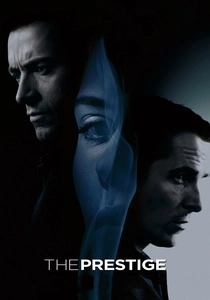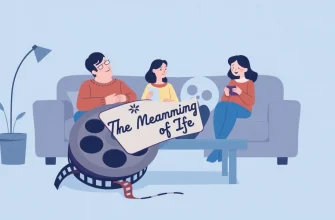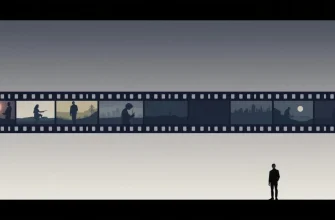Welcome to our curated list of the best psychological films that not only entertain but also challenge your perceptions and delve deep into the complexities of the human mind. These films are not just stories; they are journeys into the psyche, offering insights into the nature of reality, identity, and the human condition. Each film in this collection has the power to shift your perspective, leaving you pondering long after the credits roll. Prepare to embark on a cinematic voyage that will redefine your understanding of what it means to be human.

Fight Club (1999)
Description: An insomniac office worker and a soap maker form an underground fight club that evolves into something much larger. The film's critique of consumerism and exploration of identity and masculinity is as relevant today as it was upon release.
Fact: The film was banned in several countries due to its violent content. The rule "You do not talk about Fight Club" became a cultural phenomenon.
 Watch Now
Watch Now 
The Sixth Sense (1999)
Description: A child psychologist, Dr. Malcolm Crowe, tries to help a boy who claims to see dead people. The film's twist ending is one of the most famous in cinema, redefining the narrative and leaving viewers in awe.
Fact: M. Night Shyamalan wrote the script in just three days. The film was originally titled "Labor of Love."
 Watch Now
Watch Now 
Memento (2000)
Description: Told in reverse chronological order, this film follows Leonard Shelby, who suffers from anterograde amnesia, as he tries to solve his wife's murder. The narrative structure forces the audience to piece together the puzzle, mirroring Leonard's own fragmented memory.
Fact: The film was shot in two different formats: color scenes were shot in reverse order, while black-and-white scenes were shot in chronological order.
 Watch Now
Watch Now 
Donnie Darko (2001)
Description: A troubled teenager is visited by a mysterious figure in a rabbit costume, leading him on a path of time travel, fate, and existential dread. The film's complex narrative and philosophical undertones make it a cult classic.
Fact: The film was initially a box office flop but gained a cult following through home video. The director, Richard Kelly, was only 26 when he wrote and directed the film.
 Watch Now
Watch Now 
A Beautiful Mind (2001)
Description: This biographical drama explores the life of John Nash, a mathematical genius who battles schizophrenia. The film's portrayal of mental illness is both compassionate and insightful, offering a glimpse into the mind of a brilliant but troubled individual.
Fact: Russell Crowe learned to write with his left hand to portray Nash, who was left-handed. The film won four Academy Awards, including Best Picture.
 Watch Now
Watch Now 
The Machinist (2004)
Description: Christian Bale's transformation into a skeletal insomniac is as shocking as the film's narrative. Trevor Reznik's life unravels as he grapples with guilt, paranoia, and the blurring lines between reality and delusion.
Fact: Bale lost 62 pounds for the role, eating only an apple and a can of tuna daily. The film was shot in chronological order to capture Bale's physical and emotional deterioration.
 Watch Now
Watch Now 
The Prestige (2006)
Description: Two rival magicians in Victorian London engage in a battle of wits and deception. The film delves into themes of obsession, sacrifice, and the cost of ambition, with a twist that redefines the entire narrative.
Fact: The film was inspired by a novel by Christopher Priest. The title refers to the final part of a magic trick, where the magician reveals the effect.
 Watch Now
Watch Now 
Black Swan (2010)
Description: A ballet dancer's obsession with perfection leads to a psychological breakdown. The film explores themes of identity, perfectionism, and the duality of human nature, culminating in a hauntingly beautiful and disturbing climax.
Fact: Natalie Portman trained for a year to perform the ballet sequences, losing 20 pounds in the process. The film's director, Darren Aronofsky, was inspired by Tchaikovsky's ballet "Swan Lake."
 Watch Now
Watch Now 
Shutter Island (2010)
Description: This film takes you on a mind-bending journey through the labyrinth of a man's psyche. Teddy Daniels, a U.S. Marshal, investigates the disappearance of a patient at a psychiatric facility, only to find himself questioning his own sanity. The twist ending is a masterclass in psychological manipulation.
Fact: The film was shot on location at the former Medfield State Hospital in Massachusetts. The ending was kept secret from the cast and crew until the very end of filming.
 Watch Now
Watch Now 
Inception (2010)
Description: Dom Cobb, a skilled thief, can enter people's dreams and steal their secrets. This film explores the concept of dreams within dreams, questioning reality and the subconscious mind, leaving audiences questioning what is real.
Fact: The film was in development for nearly a decade. The spinning top used by Cobb was created specifically for the film and was not a pre-existing prop.
 Watch Now
Watch Now 








